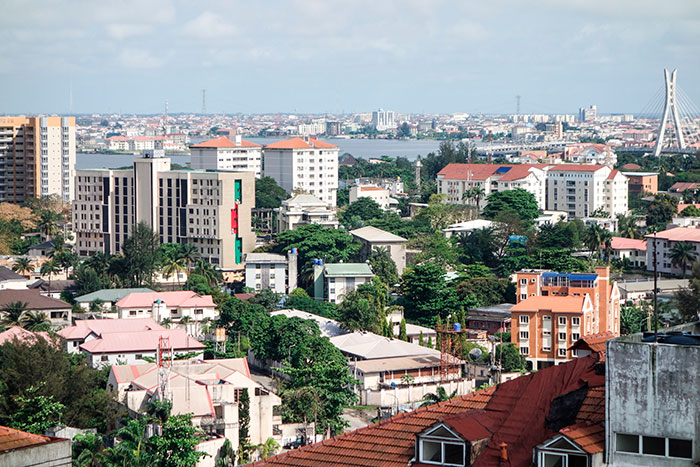lagos-nigeria-shutterstock_229106317.jpg

Lagos, Nigeria. The UNECA warned that countries like Nigeria, with strong trade and investment links to the UK and Europe, could be the worst affected. ©Shutterstock
Launching the commission’s annual economic report on Africa, Elhiraika said that despite the fact the continent has endured the lowest growth rate since the start of the century, longer-term prospects were promising.
However, he said, this was threatened by a number of factors. “The effects of Brexit may slow the global economy with spillover effects into Africa, mainly through trade and financial channels,” he said.
The report also warned that countries with close trade and investment ties to the UK and the EU could be the worst hit. This is because existing deals would need to be renegotiated in a “lengthy process” – and aid from the UK could decline.
“Economic deceleration in China, subdued performance of the euro area and low commodity prices also pose risk for Africa’s growth,” Elhiraika continued, also highlighting rising debt levels that have triggered international concern.
As well as weather and security shocks, a key theme of the report was the potential consequences of well-managed urbanisation.
The continent is expected to be predominantly urban by 2050, with the average rate of urban growth between 2010 and 2015 topping 3.6% – the fastest in the world.
Elhiraika pointed out that unlike elsewhere, this rapid urban growth has not been accompanied by a rise in living standards.
“African cities face low productivity, tepid job creation, high informality, huge infrastructure and service gaps, weak linkages with rural areas, increasing inequalities, vulnerability to climate change and weak institutional systems and capacities,” the report noted.
“Unless resolved, these impediments will undermine Africa’s urban potential for structural transformation.”
It called for better urban planning, policies and institutional frameworks and a “concerted effort” from policymakers to tap into urbanisation to boost industrial development.
“There’s need also to boost productivity and competitiveness by building the continent’s infrastructure and increased investment in research and development,” added Elhiraika.
The ECA also stressed that the events of the past two years had evidenced that the continent’s economies were too dependent on commodity exports.
Elhiraika said: “Volatility in commodity prices calls for prudent and counter-cyclical macroeconomic policies and strategies.”













